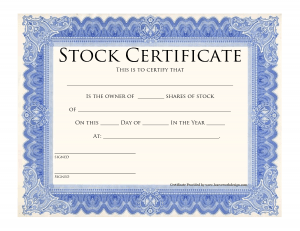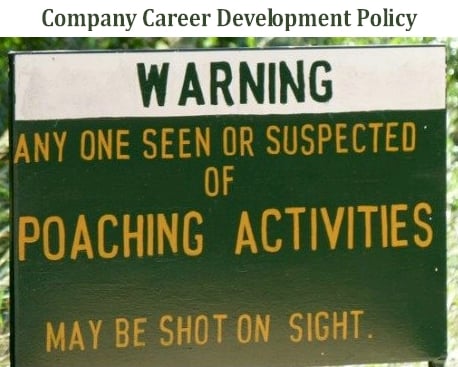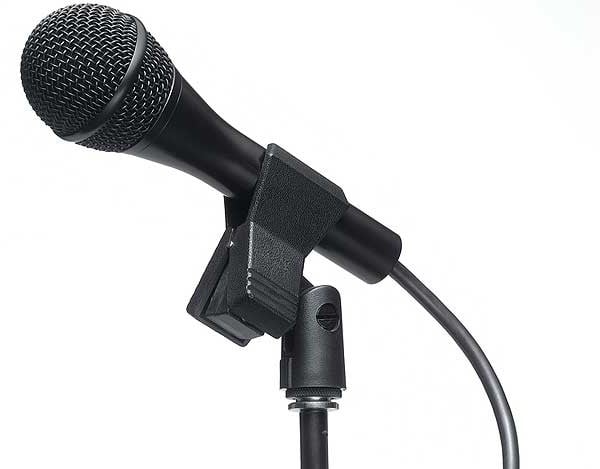In the March 27, 2012 Ask The Headhunter Newsletter, a business owner defends business cards:
I just read an article in the L.A. Times that says Passing out business cards is quickly becoming passe. Instead, I’m supposed to “bump” my phone with someone else’s to trade contact information. If cards are optional, then so are new clients and referrals. The end of that article points out that in the world’s fastest growing market, Asia, you’d better have a card because it’s crucial. I run a successful small business and I think anyone who doesn’t carry business cards is naive. Do you use business cards?
My Advice
Hmmm… what do Asians know that the rest of us don’t?
I run an online publishing business, and “digital” is an enormous part of my work and life. If there’s a way to do something more effectively or efficiently, I take advantage of it. Sometimes, digital technology enables us to do things we could never do without it — like publishing this newsletter and my books.
But I do carry business cards, and I don’t intend to give them up. Guess I’m good to go to Asia.
Last week I gave a presentation, and afterwards I had a cup of coffee with one of the attendees — who is a potential client. She asked me for a business card. Suppose I’d told her, “I don’t use business cards. Find my e-mail address on my website.” I’d have broken the pace of our discussion. It would not have helped.
 I do a lot of business online and I don’t always meet my clients, so there’s not always a chance to use a business card. But for those in-person meetings and work sessions, cards are a necessity. I’ve encountered some people who don’t have a card to share, and sometimes — not always — this sends a bad signal. I quickly assess whether the person has a viable business, or is just knocking around, trying to get lucky. It affects how I judge them. Is that fair? I don’t think that matters. I know other business people who react the same way. Cards are cheap; so’s a simple website. If you’re too cheap to have both, you may not be worth talking to.
I do a lot of business online and I don’t always meet my clients, so there’s not always a chance to use a business card. But for those in-person meetings and work sessions, cards are a necessity. I’ve encountered some people who don’t have a card to share, and sometimes — not always — this sends a bad signal. I quickly assess whether the person has a viable business, or is just knocking around, trying to get lucky. It affects how I judge them. Is that fair? I don’t think that matters. I know other business people who react the same way. Cards are cheap; so’s a simple website. If you’re too cheap to have both, you may not be worth talking to.
But there are lots of subtle benefits to cards. Some people are in too much of a hurry to recognize them.
If you want to encourage someone to talk to you again, it’s easy to offer your card. Asking for their e-mail address or getting them to jot down yours is a bit more awkward. (Not all phones “bump.”) Contrary to what that article suggests, cards are not all tossed in the trash. I have a large digital contact list, but I also have a well-organized box of cards that I refer to often.
I can write a note on the back of a card, to personalize the memory someone has of me. And when they give me their card, I can jot a note on theirs, too. I could do it on my Droid, but so what? That card stays on my desk for a while and reminds me of the person. If the information is only in my phone, I won’t see it until I have reason to search for it.
A university professor is quoted in that article: “It’s time-consuming to organize business cards — and not portable.” That’s pretty naive. New contacts earn their way into my phone. Many start out as cards. If I need them more than once or twice, I add them to my digital list.
One last reason cards are good: Design. A person’s card tells me as much about their brand as their website does. Do they care how they come off?
What’s most unfortunate about the article is its self-righteous tone. It pits “under-30” and “young and Web-savvy people” against… who? Over-thirty and Web-ignorant people? Gimme a break.
The real punch line in the article reveals how gratuitous it is. “Firms that do business abroad, particularly in Asia, have found printed business cards to be crucial to corporate culture and ritual there.” In one of the fastest-growing markets, cards are crucial. Did someone miss a bigger point when writing this article?
Why come off like a clueless dork? Carry cards as well as one of those digital communication thingies, what do you call it? A smartpod? A pad thingy. You know what I mean — here, I’ll write it down on my card for you… Call me. We’ll do lunch.
Do you use business cards? Are they on the way out? What do Asians know that the rest of us don’t? Do biz cards offer anything that digital doesn’t? Post a comment… or write me a letter…
: :










